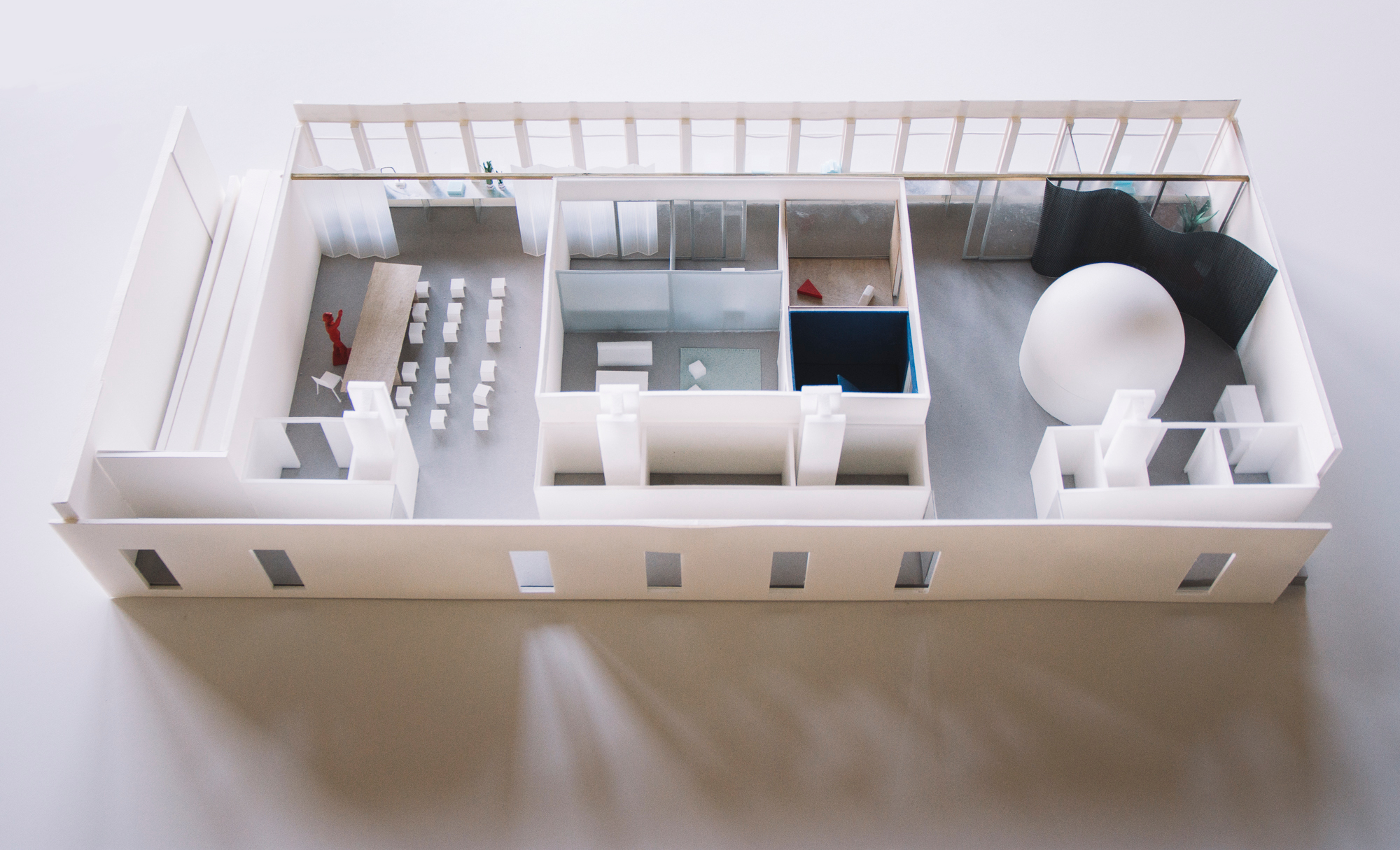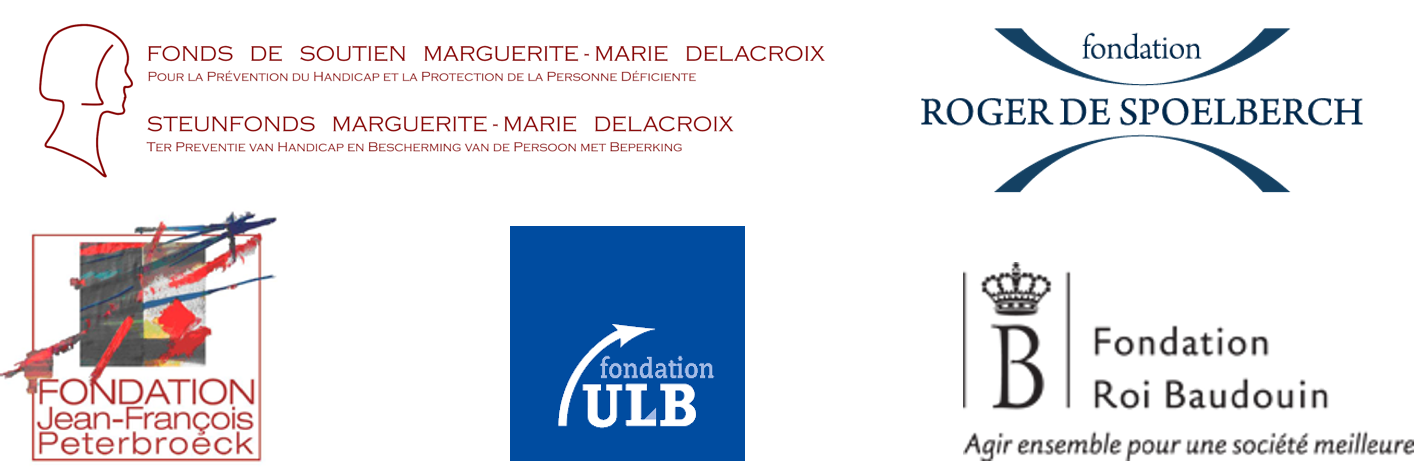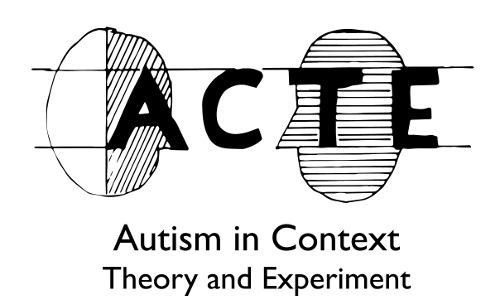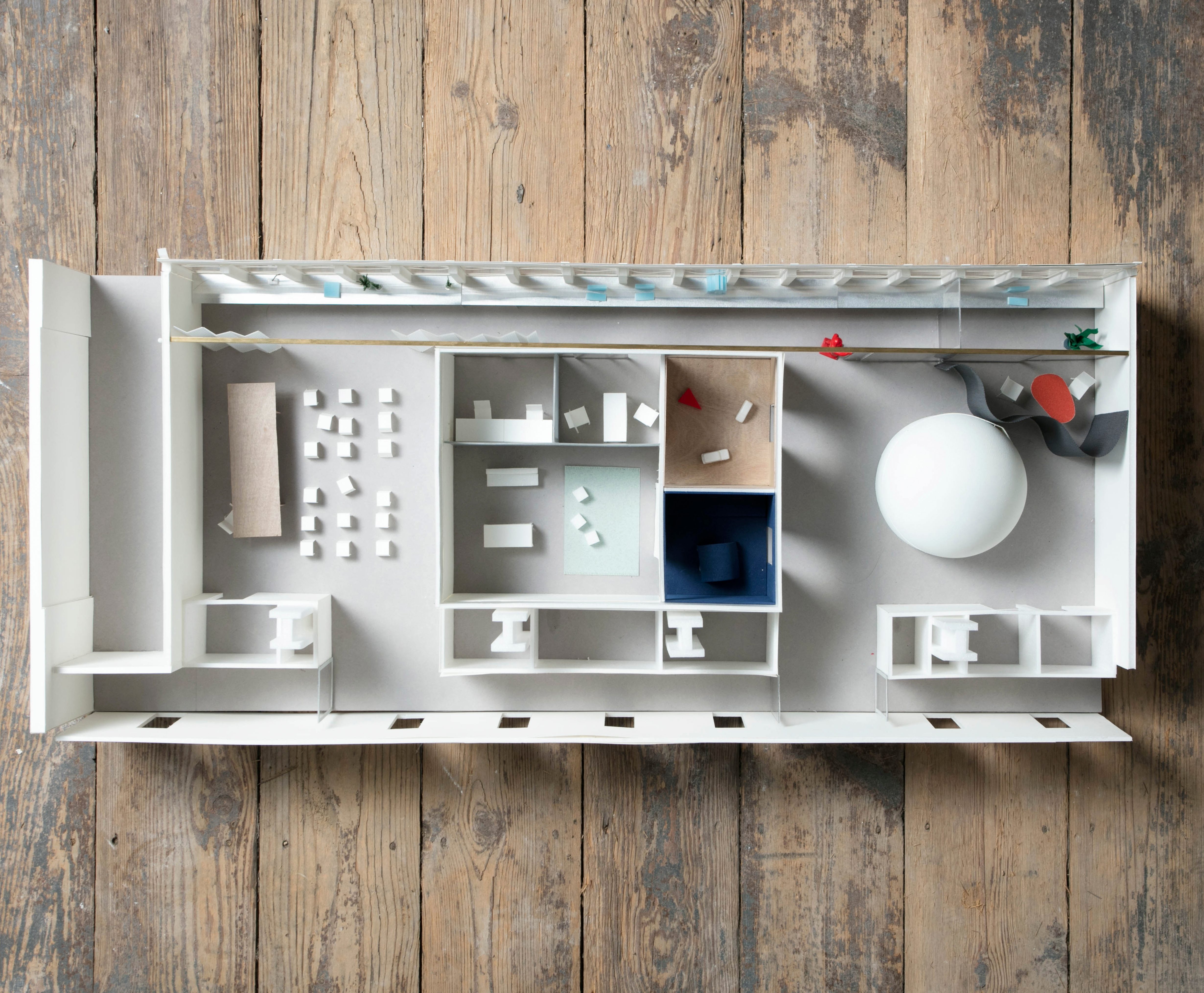Since 2019, the ACTE team is located within research facilities dedicated to research on autism. This center, with an architectural design that is specifically designed to accommodate the sensory particularities of autistic individuals, has no equivalent in Belgium. The function of ACTE facilities goes beyond being a behavioral research lab. In addition to experimental and observation rooms, it includes areas for autistic individuals and their families to spend some time between experimental activities, to access relevant information or attend scientific conferences.

The architects from the Central study who designed this beautiful project took the time to engage in discussions with parents and autistic adults. For instance, in September 2018, we invited a group of autistic individuals and parents to visit the site and share their impressions of the first model of the center. Based on these rich exchanges, the architects proposed a refined version of the plans and material choices. This selection was crucial, given the sensory particularities of autism: special attention has been paid to the amount of visual information, tactile sensations, and acoustics offered by the chosen materials.
The center is structured along three main areas. The experimental space , at the heart of the center, includes a large, fully modular testing room, a technical room where experimenters analyze the collected data, and a counseling room for autistic adolescents and adults and their parents. This room is ideally located so that parents can observe their child during testing through a one-way glass. The conference space consists of a large seminar room. These three research spaces and the conference room are complemented by a reception and waiting area designed with the well-being of the participants in mind. A central igloo housing a Snoezelen area harmonizes the flow around these waiting rooms. Accessible restrooms are available, and full ADA compliance is guaranteed throughout the center. The circulation between spaces is designed to be as transparent as possible. A glass corridor running its entire length serves the dual purpose of guiding visitors through the space and channeling natural light into every room. It also features a ledge running along the windows, providing work or relaxation spaces with a beautiful view and housing the kitchen adjacent to the conference room. Through a partnership with the CEFES at ULB (Center for Study and Training in Special and Inclusive Education), these workspaces are accessible to university students with autism who wish to work in a quiet environment between their classes.
Beyond hosting our research, the ACTE lab is also a place where various stakeholders can meet and discuss. For example, an inter-university post-graduate degree on Autism Spectrum Disorder is taught in the conference rooms, which also hosts conferences and seminars for non-academic audiences.
Thanks to the support of the ULB Foundation, the Marie-Marguerite Delacroix Support Fund, the Jean-François Peterbroeck Foundation, the Paul, Renée, and Suzanne Lippens Foundation, and the Yves Collinet Fund (through the King Baudouin Foundation), as well as numerous private donors our research facilities have been fully operational since June 2019.




